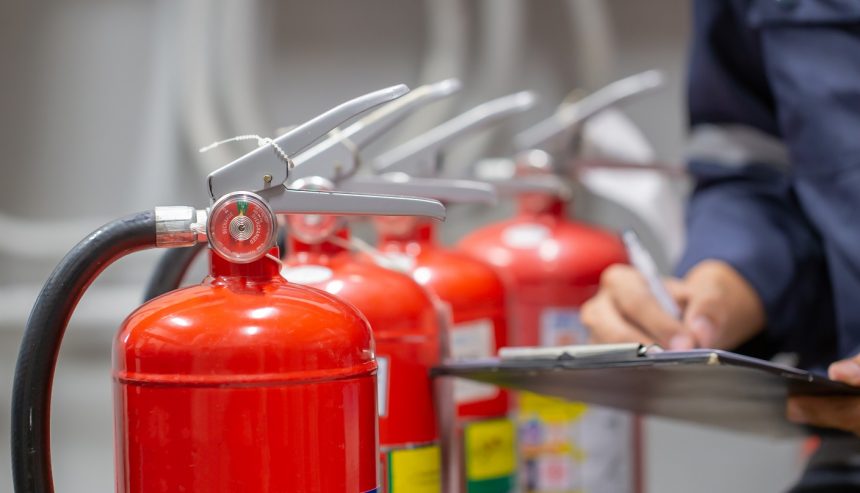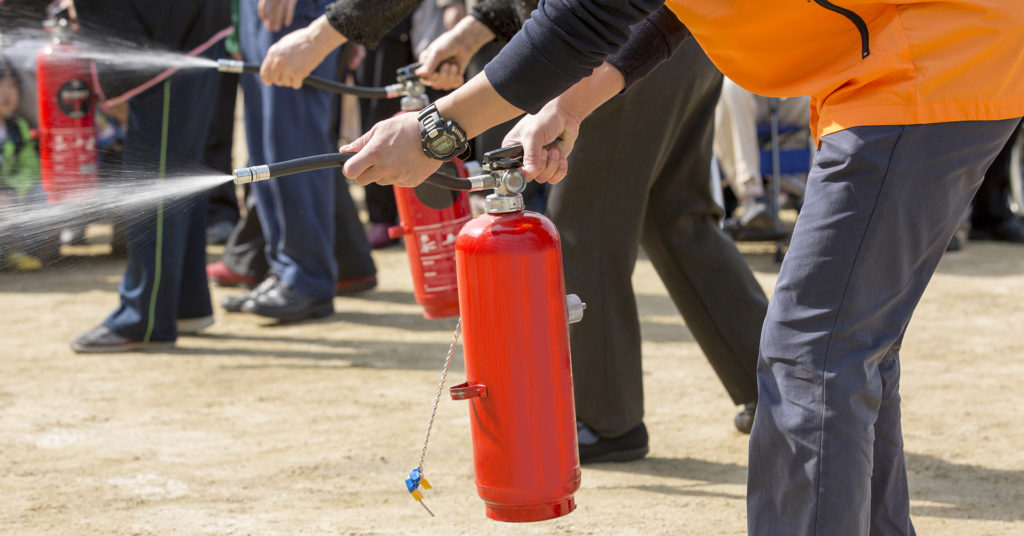
In any public or private setting, fire safety is a key priority, and security officers play a central role in managing fire risks. As seasoned professionals in the security industry, security officers are often the first line of defense in fire emergencies, playing an essential role in safeguarding both lives and property. Their preparedness, response actions, and coordination with emergency responders can significantly mitigate the consequences of fire situations.

This article provides an in-depth look at the role of security officers during fire emergencies, their training, responsibilities, best practices, and real-world case studies highlighting their contributions.
Fire emergencies can escalate rapidly, presenting severe risks to life and property. The factors contributing to fire outbreaks include:

Security officers are trained to identify potential hazards, prevent fires, and act quickly if one occurs. By mitigating these risks, they help prevent minor incidents from becoming catastrophic.
Security officers’ presence is crucial for several reasons:

Rapid Response: Security officers are often the first on the scene. Their quick action in activating fire alarms, alerting emergency services, and initiating evacuation procedures can save lives.
Crowd Control and Evacuation: During a fire, organizing and guiding evacuations is key. Security officers are skilled at managing crowds and ensuring that everyone exits the building safely and orderly.
Protection of Property: While human safety is the primary concern, security officers also play an essential role in securing valuable property, preventing theft, and minimizing damage.
Coordination with Emergency Responders: Security officers serve as the bridge between the fire scene and emergency responders. Their communication and coordination help facilitate a smooth and effective response to the crisis.
Security officers in fire emergencies carry out a range of vital duties:

Fire Prevention and Detection: Regular inspections, monitoring fire alarms, and identifying potential fire hazards are part of their daily duties.
Initiating Emergency Procedures: Upon detecting a fire or receiving an alarm, security officers activate emergency protocols. This includes notifying fire departments, beginning evacuation procedures, and securing affected areas.
Evacuation Management: They ensure the safe evacuation of all individuals, assist those with special needs, and direct people to safe assembly areas.
Fire Suppression: While their primary role is not firefighting, security officers are trained in basic fire suppression techniques (e.g., using fire extinguishers) to contain small fires until professional responders arrive.
Incident Reporting and Documentation: Officers maintain detailed logs and documentation of the incident, including actions taken and any damages or injuries sustained.
Coordination with Emergency Services: Security officers relay critical information to first responders, assist them in navigating the site, and provide access to security systems.
Post-Incident Security: After the fire is under control, security officers help secure the area, prevent looting, and preserve evidence for investigations.
Security officers must complete specialized training to be effective in fire emergencies. This training typically includes:
In addition, personal qualities such as physical fitness, critical thinking, situational awareness, and calmness under pressure are critical in ensuring effective response during fire emergencies.
Clear communication and collaboration with emergency responders are essential for successful fire management. Security officers contribute by:

Providing Timely Information: They relay critical details about the fire's location, spread, hazards, and casualties to emergency responders as soon as they arrive.
Assisting with Navigation: Officers guide emergency personnel through the building and provide access to relevant security resources, such as site maps or surveillance footage.
Coordinating Evacuations: Security officers ensure that evacuees follow designated routes and cooperate with emergency medical services to prioritize those in need of assistance.
Securing the Perimeter: They establish a secure perimeter to prevent unauthorized access to the area, preserving safety and order.
Security officers rely on a range of tools to respond to fire emergencies effectively:
Proper use and familiarity with these tools are vital for security officers to carry out their duties effectively.
Several real-world examples highlight how security officers have successfully handled fire emergencies:
Office Building Fire in New York City (2018): Security officers in a high-rise office building detected a fire on the 12th floor. They immediately triggered the alarm, began evacuation procedures, and ensured the safe exit of over 500 people, with no injuries reported.
Hotel Fire in Las Vegas (2021): A kitchen fire in a busy hotel was contained by security officers using extinguishers before firefighters arrived. They also managed the evacuation of guests, minimizing both injury and property damage.
Shopping Mall Fire in Los Angeles (2019): During a busy holiday shopping season, a fire broke out in a mall. Security officers effectively guided shoppers to safety, assisted those with mobility challenges, and worked closely with emergency responders to ensure a smooth evacuation.
These cases demonstrate the critical role of security officers in reducing the impact of fire emergencies and ensuring the safety of all those affected.
Security officers should follow best practices to maximize fire safety preparedness:
Security officers are often the unsung heroes of fire emergencies. Their quick thinking, training, and ability to manage chaotic situations can make the difference between disaster and successful resolution. Their role is far-reaching, extending from fire prevention to post-incident security, ensuring that lives are saved, property is protected, and disruptions are minimized.
In an increasingly unpredictable world, having well-trained security officers is essential to building a resilient and effective emergency response plan. Their commitment to fire safety, their continuous training, and their coordination with emergency responders all contribute to safer environments for businesses, communities, and individuals.
Investing in the professional development of security officers through comprehensive fire safety and security training is one of the most effective ways to ensure preparedness and safety.